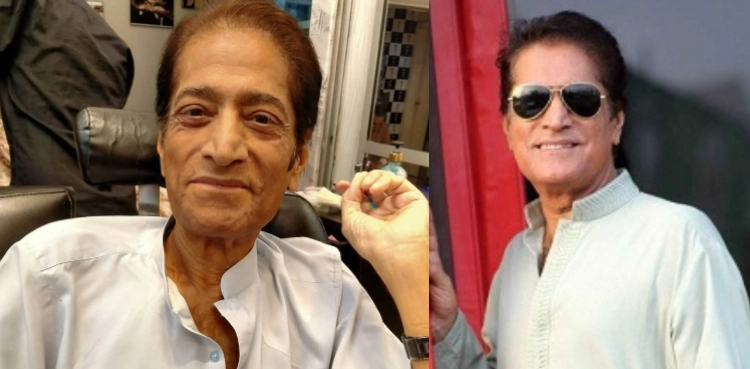Sanofi has reached an agreement in principle to settle 4,000 U.S. lawsuits linking the discontinued heartburn drug Zantac to cancer, the company said on Wednesday.
Sanofi did not disclose the financial terms of the deal. The agreement, which still needs to be finalized, will resolve most of the lawsuits against the French pharmaceutical company in U.S. state courts, with the exception of Delaware where the majority of the cases are pending.
Sanofi did not admit any liability in the settlement, and said it is settling to avoid the expense and ongoing distraction of the litigation.
“Sanofi has vigorously defended the Zantac litigation since the outset and will continue to do so,” the company said in a statement.
Sanofi still faces about 20,000 lawsuits over Zantac in Delaware state court. A judge in
Delaware Superior Court in Wilmington is weighing the fate of about 70,000 cases filed against Sanofi and other defendants, including GSK (GSK.L), Pfizer (PFE.N), and Boehringer Ingelheim.
GSK, Boehringer Ingelheim and Pfizer did not immediately respond to requests for comment.
Plaintiffs and defendants are awaiting a ruling from the judge on whether there is sufficient scientific evidence to support plaintiffs’ claims that Zantac causes cancer.
The drugmakers notched a significant win in 2022, when another judge dismissed about 50,000 lawsuits making similar claims that had been consolidated in federal court in Florida.
That judge concluded that the opinions of the plaintiffs’ expert witnesses that Zantac can cause cancer were not supported by sound science. Plaintiffs are appealing that ruling.
The drugmakers have maintained that there is no evidence Zantac exposed users to harmful levels of the carcinogenic chemical NDMA.
Jennifer Moore and Brent Wisner, who are the lead plaintiffs’ attorneys in the Delaware and California litigation, said on Wednesday that they were pleased that Sanofi had reached a settlement while litigation continues against other defendants.
“We are pushing forward aggressively against GSK and Boehringer Ingelheim and are preparing for multiple trials in California state court this year,” Moore said.
First approved in 1983, Zantac became the world’s best- selling medicine in 1988 and one of the first-ever drugs to top $1 billion in annual sales. Originally marketed by a forerunner of GSK, it was later sold successively to Pfizer, Boehringer and finally to Sanofi.
In 2019, some manufacturers and pharmacies halted Zantac sales after NDMA was detected in some pills. Some tests showed that Zantac’s active ingredient, ranitidine, could degrade into NDMA over time or when exposed to heat.

















































